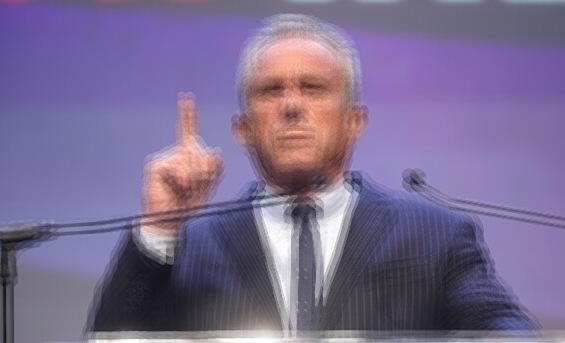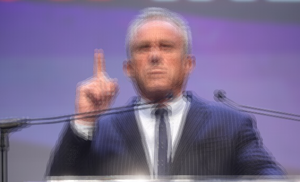
RFK: Autism Claims, “Deep State” Rhetoric, and Distrust in Science
Since taking the reins at the U.S. Department of Health and Human Services, Secretary Robert F. Kennedy Jr. has made headlines—though not necessarily the kind public health professionals hoped for. In a series of press events and internal addresses, Kennedy has expressed long-standing views that clash with mainstream science, raising new concerns about the future of federal health policy and the trust in regulatory agencies.
Autism, Environmental Toxins, and Vaccine Shadows
At a tightly controlled press conference following a new CDC report, Kennedy challenged the agency’s findings that autism rates—now affecting 1 in 31 U.S. children—are likely rising due to improved detection and expanded services. Instead, he asserted that “environmental toxins,” not better diagnostics, are driving the increase. These toxins, he said, could include everything from food additives and pesticides to pharmaceuticals and air pollution.
While Kennedy did not explicitly mention vaccines, the subtext was hard to ignore. Scientists have widely discredited his decades-long campaign linking vaccines to autism. Yet, his new statements echo the same themes: skepticism of accepted explanations, distrust of scientific institutions, and a belief in an orchestrated cover-up.
Kennedy’s pledge to lead a government-backed investigation to identify the “precise” environmental causes of autism—by September—has only deepened those concerns. Experts, such as former FDA vaccine chief Peter Marks, warned that the timeline was unrealistic, raising concerns about the scientific credibility of the effort.
“Deep State” Rhetoric and Internal Fallout
Kennedy’s skepticism doesn’t stop with autism. In a speech to FDA employees, he directly accused the agency of being a “sock puppet” for the industries it regulates and warned staff not to be part of the so-called “deep state.” Drawing on an infamous psychological experiment, he instructed workers to view themselves as part of the minority who resist orders, implying that they should push back against agency leadership.
The remarks, described by attendees as condescending and conspiratorial, led some FDA employees to walk out mid-speech. Leaked transcripts have since fueled public criticism and internal unrest, with experts and stakeholders questioning Kennedy’s ability to lead a science-based agency without undermining morale or credibility.
Investment analysts have also taken notice. In a note to clients, Leerink Partners warned that Kennedy’s leadership “is likely to negatively impact FDA’s commitment to proven science and its retention of talent.”
Beyond Vaccines: A Broader Agenda of Medical Skepticism
What’s becoming increasingly clear is that Kennedy’s mistrust of the medical establishment goes far beyond vaccines. In recent weeks, his comments and actions have suggested a broader campaign against antidepressants, ADHD medications, and even mRNA-based drugs. Observers worry that these positions—many of which echo talking points from the Children’s Health Defense (CHD), the organization he founded—could shape federal priorities in ways that depart from evidence-based medicine.
A recent CHD book, The Medical-Pharmaceutical Killing Machine, exemplifies this worldview, alleging a coordinated effort among government agencies, scientists, and pharmaceutical companies to suppress the truth about harmful medical practices. Though published after Kennedy took leave from the group, CHD’s leadership confirms the book aligns with his thinking.
Why It Matters
Kennedy’s role as the top health official in the U.S. places him at the center of national decision-making on everything from drug approval to public health communication. His comments and actions could have profound effects—not just on regulatory policy, but on public trust in science itself.
As researchers, advocates, and health professionals continue to speak out, the coming months will test whether Kennedy’s leadership can support sound science, or whether it will amplify doubt and division at a time when public health needs clarity and credibility more than ever.
Want more updates on the intersection of science, politics, and public health? Subscribe to our newsletter, and don’t forget to share this post. Your voice helps fight for evidence-based policy.



